In today's fast-paced world, we're used to regularly upgrading our technology, whether it's the latest smartphone, a lagging processor, or a graphics card struggling with new games. Old hardware often finds its way to resale markets or ends up discarded. However, many of these outdated devices remain functional and even essential in unexpected ways. Here are eight fascinating examples of how vintage tech continues to hold its own.
Table of Contents
- Retro Computers Mining Bitcoin
- A Reliable Mechanic’s Assistant Since the '80s
- Vintage Tech as a Bakery POS System
- Outdated Systems Managing Nuclear Arsenals
- Windows XP Powers Multi-Billion Dollar Aircraft Carrier
- Critical Airport Infrastructure Fails Due to Legacy Software
- Classic Hardware Used for Cutting-Edge Research
- Nostalgia Keeps Old Systems Alive
Retro Computers Mining Bitcoin
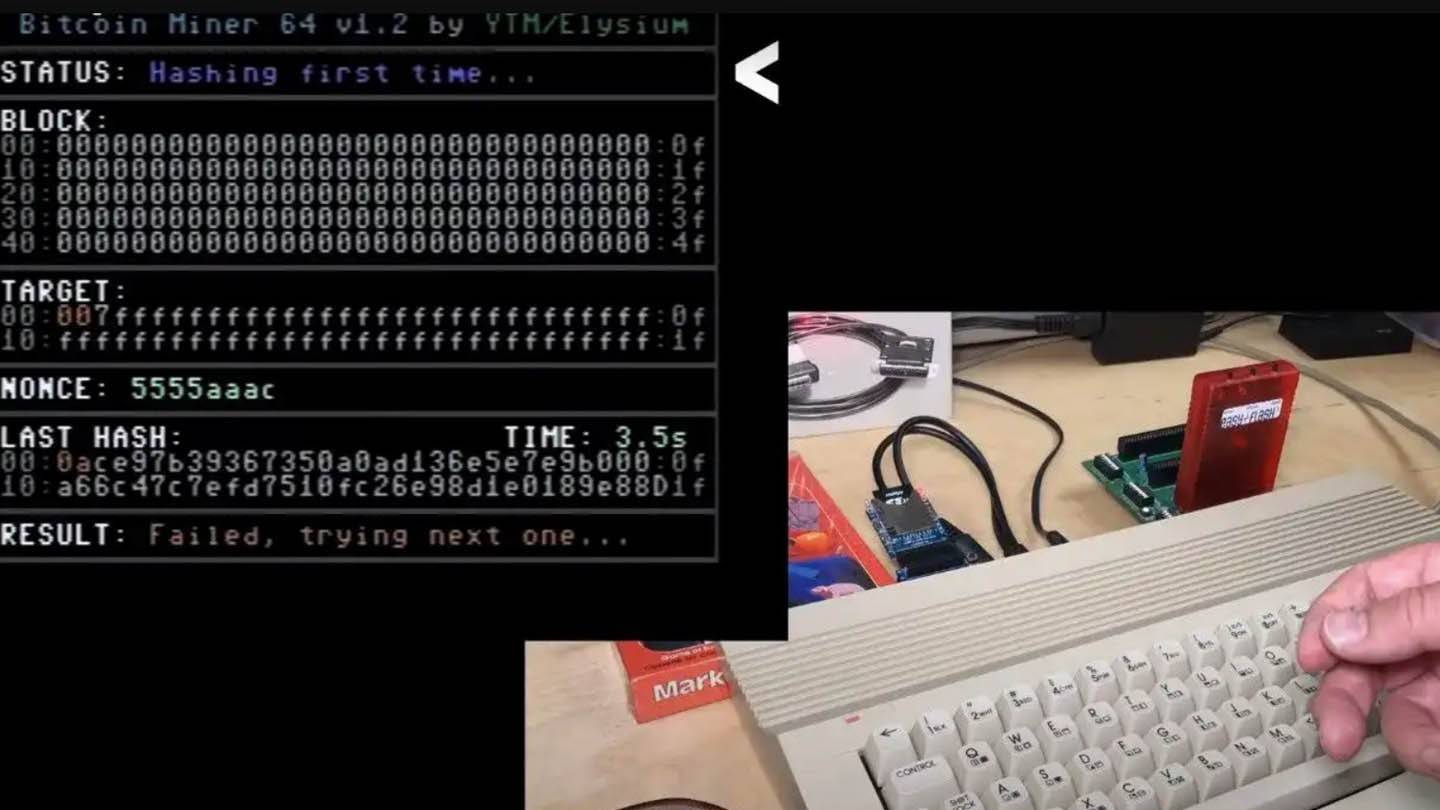 Image: x.com
Image: x.com
An enthusiast showcased the capabilities of the Commodore 64, a computer from 1982, in mining Bitcoin. However, with its 8-bit, 1 MHz processor, it only manages 0.3 hashes per second. To put things in perspective, an RTX 3080 GPU processes 100 million hashes per second. At this rate, it would take the Commodore 64 about a billion years to mine a single Bitcoin.
Another YouTuber, stacksmashing, took on the challenge of mining Bitcoin using a 1989 Nintendo Game Boy. By connecting it to the internet via a Raspberry Pi Pico microcontroller, he was able to run a mining program. The Game Boy achieves 0.8 hashes per second, slightly faster than the Commodore 64, but still about 125 trillion times slower than modern ASIC miners. To mine one Bitcoin, the Game Boy would need to run for longer than the universe has existed.
A Reliable Mechanic’s Assistant Since the '80s
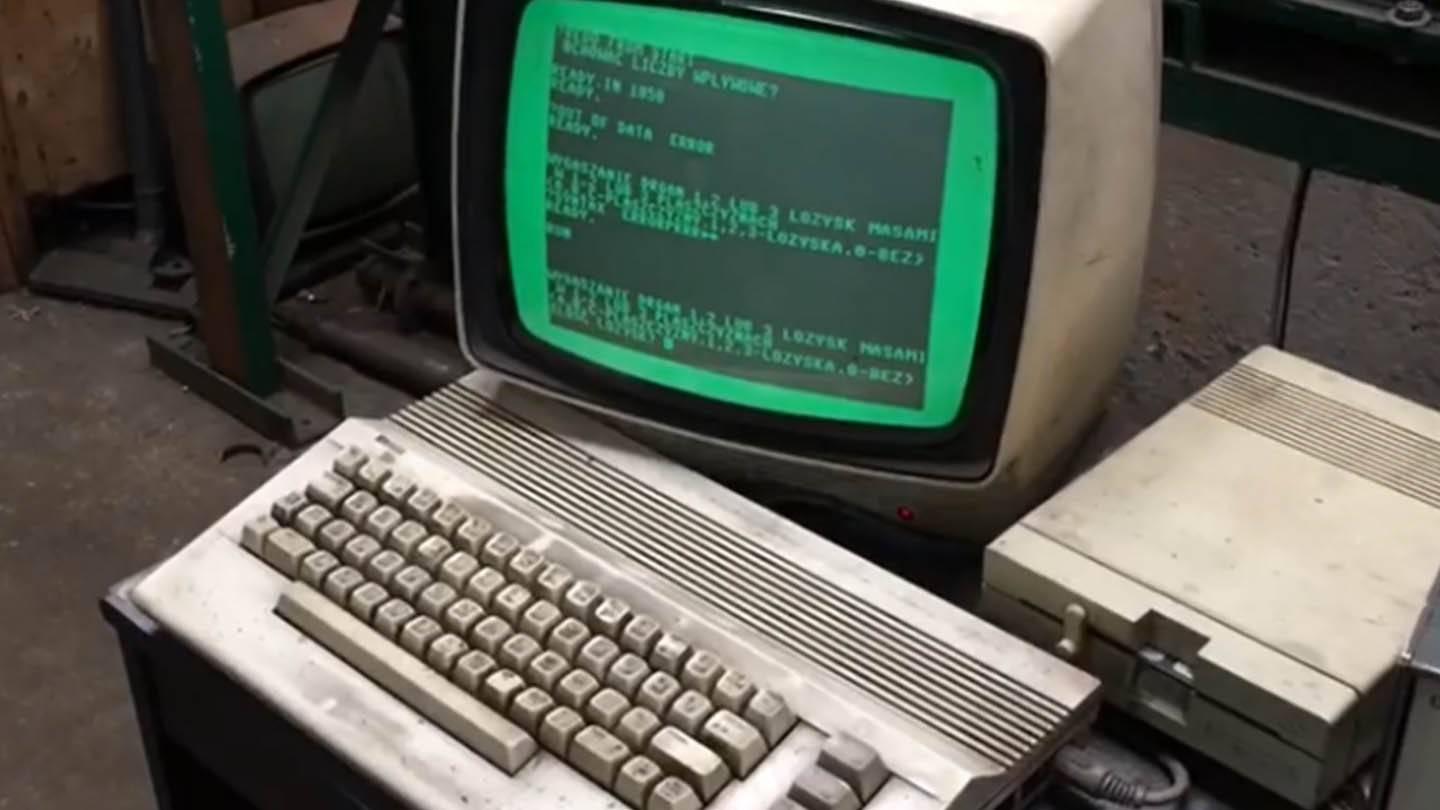 Image: x.com
Image: x.com
In Gdansk, Poland, a Commodore 64C has been a steadfast companion to mechanics for over three decades. Despite surviving a flood, this computer continues to perform drive shaft calculations flawlessly. With its 1 MHz CPU and 64 KB of memory, the C64C runs custom software developed by the business owner, proving that sometimes older technology can outlast its modern counterparts.
Vintage Tech as a Bakery POS System
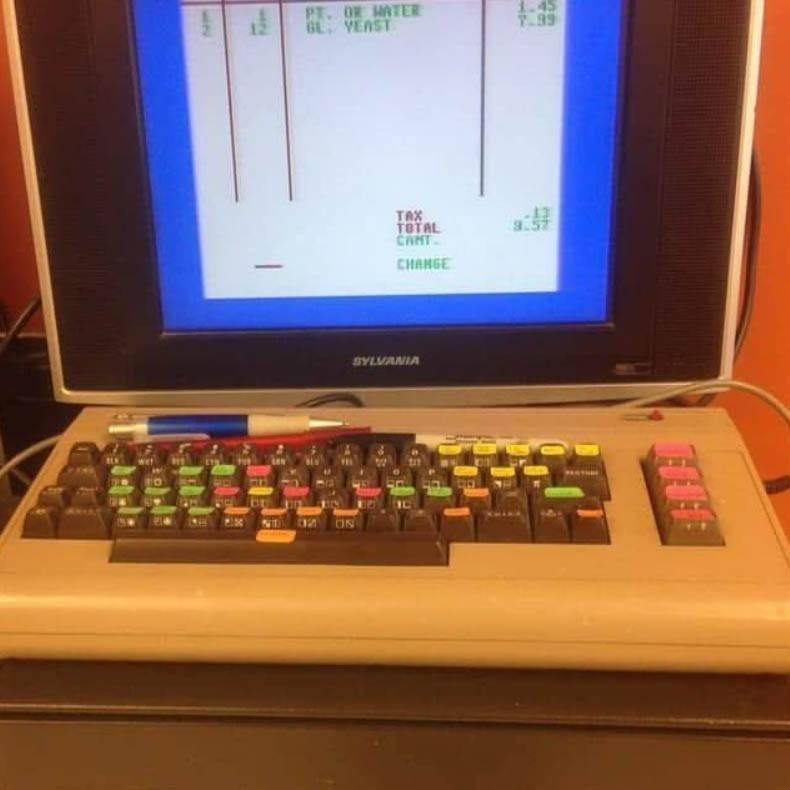 Image: x.com
Image: x.com
A bakery in Indiana has been using a Commodore 64 as a point-of-sale (POS) system since the 1980s. Nicknamed the "breadbox," this computer functions as an online cash register. Unlike modern POS systems that can be disrupted by software updates, the C64 remains dependable, with only the keyboard labels updated to reflect the bakery's goods.
Outdated Systems Managing Nuclear Arsenals
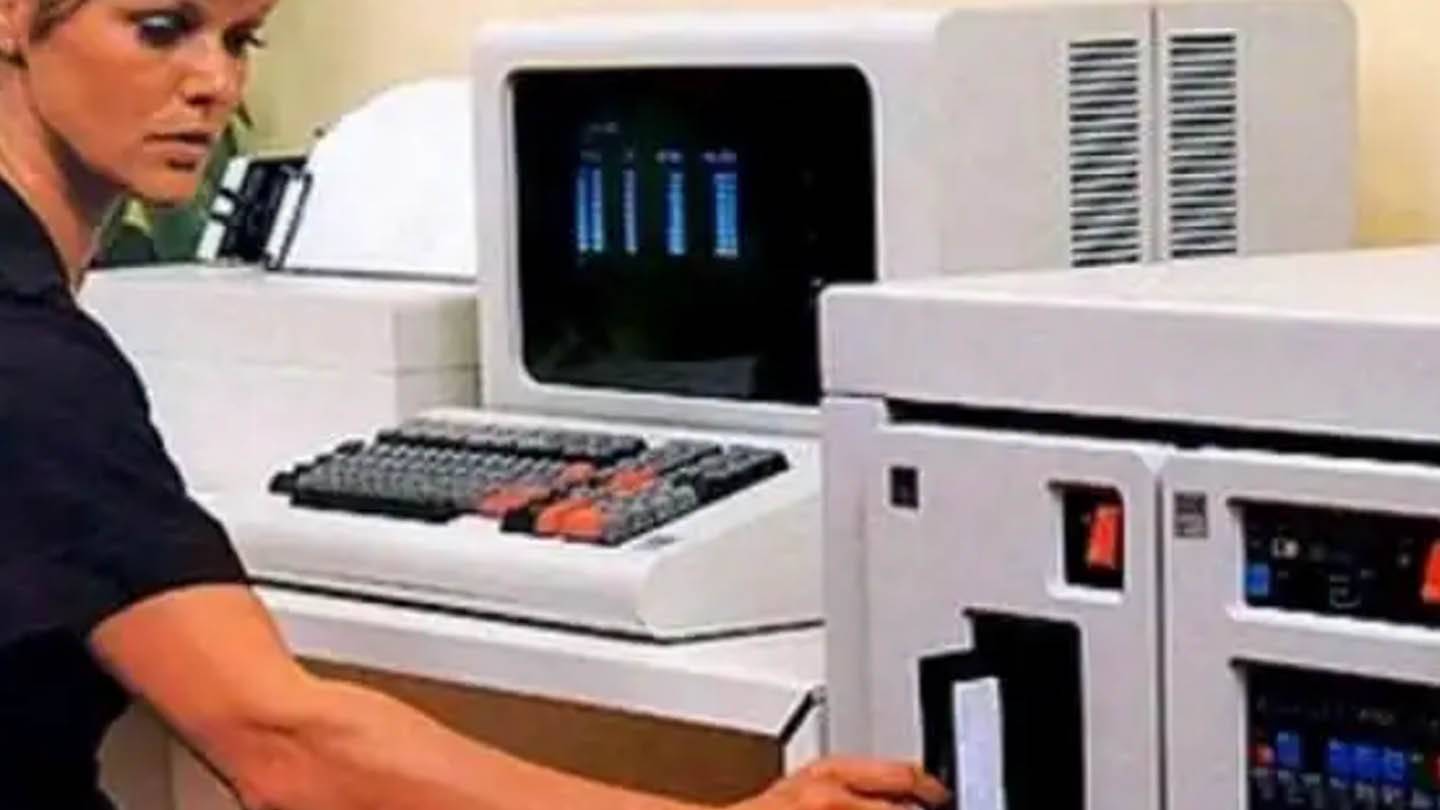 Image: x.com
Image: x.com
Surprisingly, the United States manages its nuclear arsenal with an IBM computer from 1976 that uses 8-inch floppy disks capable of storing just 80 KB of data—less than a typical instant message. Although modernization plans are in place, the system's proven reliability keeps it in use.
Similarly, Germany's Brandenburg-class frigates, built in the 1990s with advanced weaponry, still rely on 8-inch floppy disks. While upgrades to floppy disk emulators are underway, nostalgia seems to preserve the original system.
Windows XP Powers Multi-Billion Dollar Aircraft Carrier
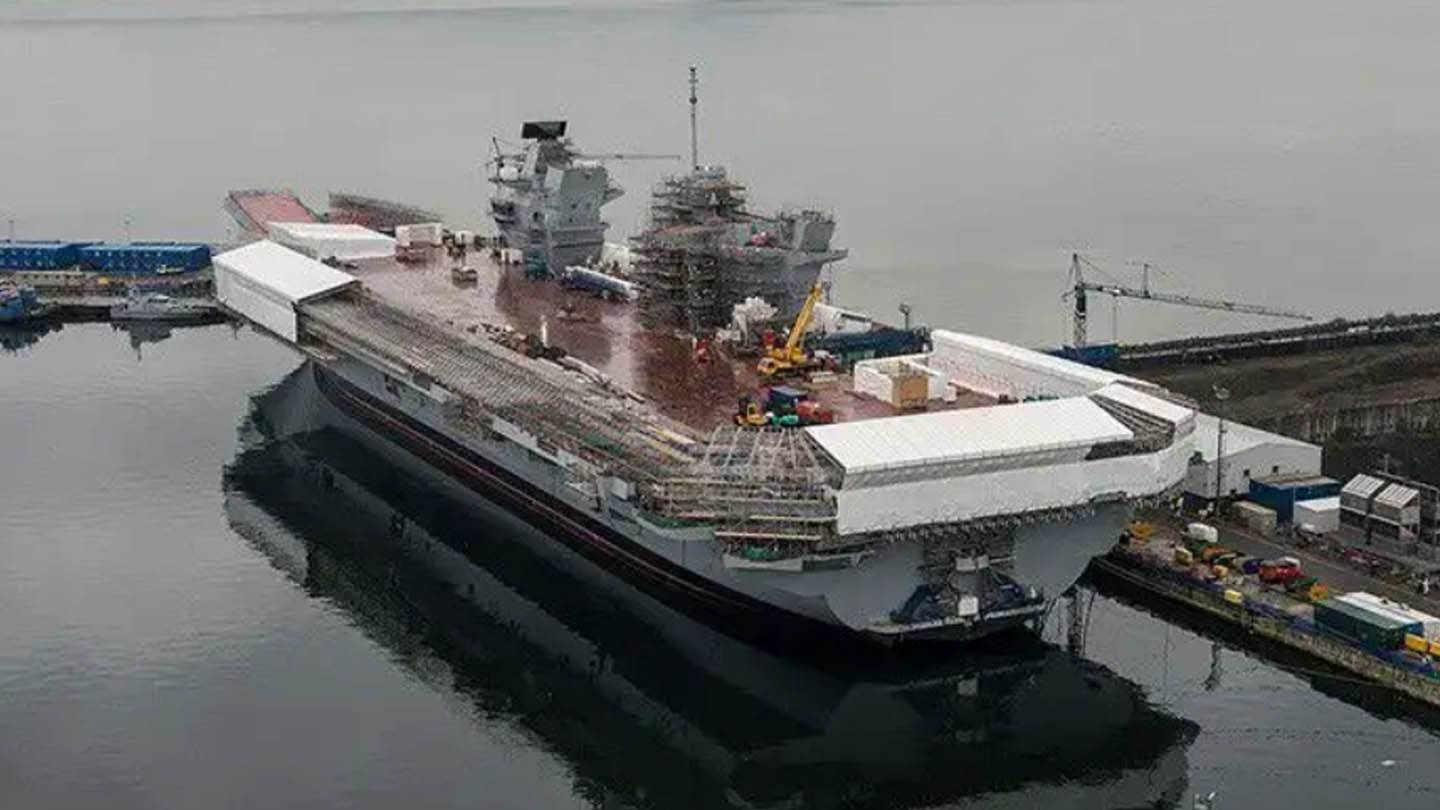 Image: x.com
Image: x.com
The HMS Queen Elizabeth, a British aircraft carrier costing billions, operates on Windows XP, an operating system discontinued in 2014. The Royal Navy claims necessary security measures are in place, but reliance on such outdated software is concerning.
Additionally, Britain's Vanguard-class submarines, including Victorious, Vigilant, and Vengeance, use Windows XP for managing intercontinental missiles. These systems stay offline for security, with no updates planned until 2028.
Critical Airport Infrastructure Fails Due to Legacy Software
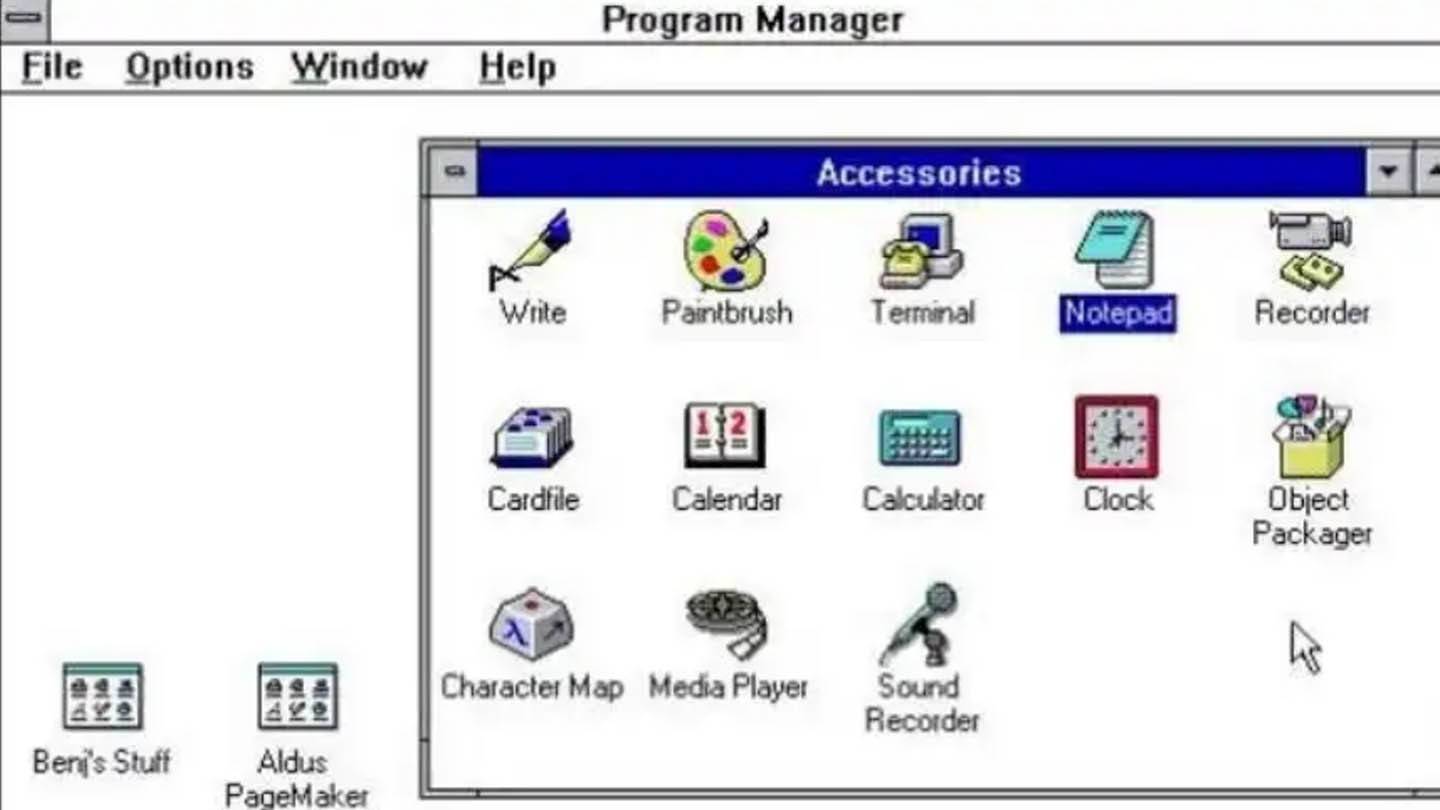 Image: x.com
Image: x.com
In 2015, Paris Orly Airport faced a crisis when a computer running Windows 3.1 from 1992 crashed. The DECOR software, crucial for providing pilots with weather data, failed, leading to flight suspensions for safety. Some humorously suggested the computer was just trying to upgrade to Windows 95.
Classic Hardware Used for Cutting-Edge Research
While not specifically mentioned in the original article, classic hardware often finds new life in scientific research. Retro computers like the Commodore 64 are used in educational settings to teach programming basics or simulate simple physics experiments. Their simplicity makes them ideal for understanding fundamental computing principles.
Nostalgia Keeps Old Systems Alive
Beyond their practical uses, many organizations continue to use legacy systems out of habit or nostalgia. Whether maintaining compatibility with existing workflows or avoiding the expense of upgrades, these decisions underscore the enduring value of familiar tools.
These examples highlight how outdated technology continues to serve essential functions across various industries. From gaming consoles mining cryptocurrency to ancient computers guiding global defense systems, legacy tech remains surprisingly resilient. While newer upgrades may eventually replace them, these devices remind us of the enduring value of simplicity and reliability.




















